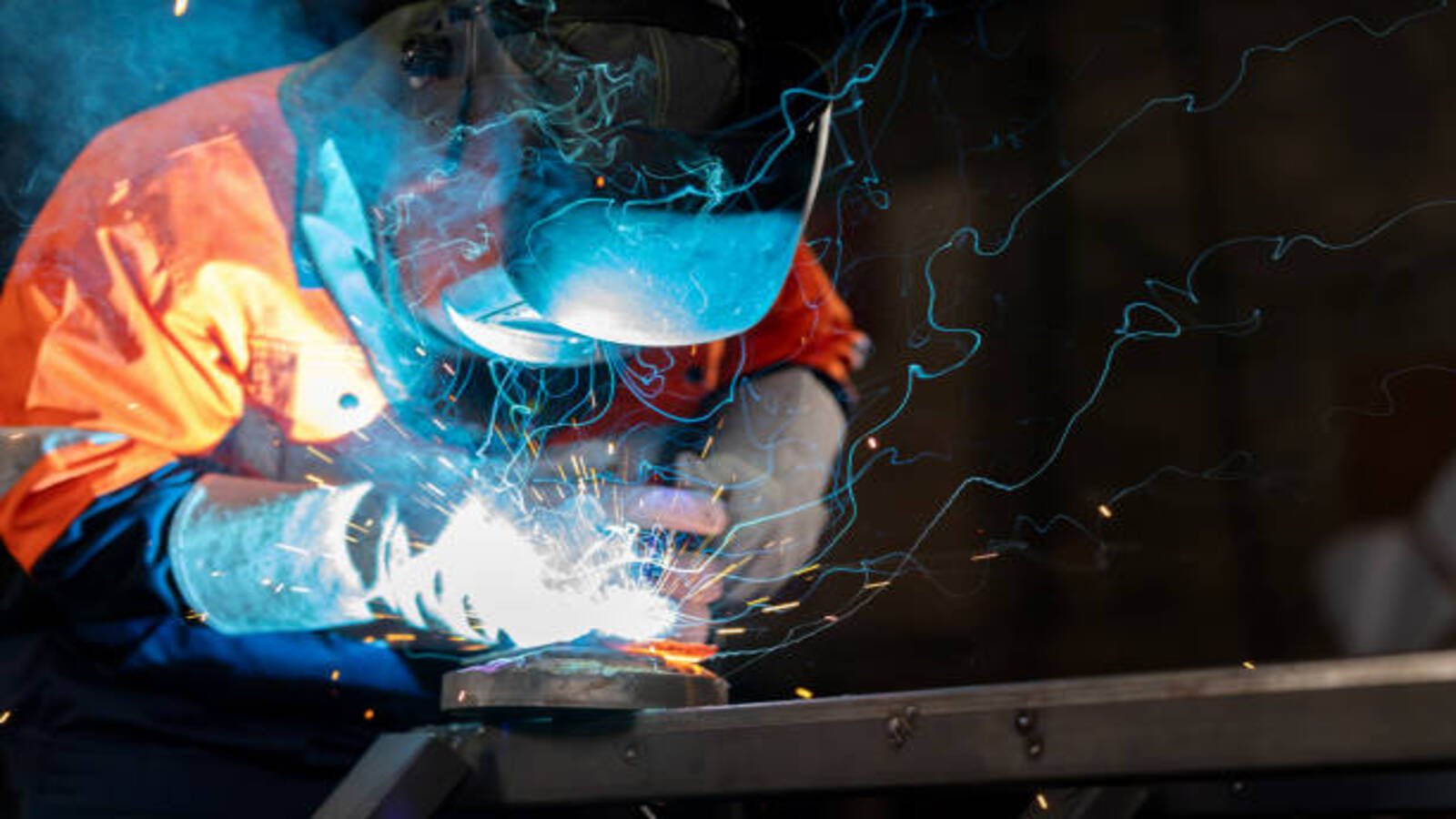Introduction
Metal processing is an integral part of modern industrialization, with a wide range of applications in various sectors. However, traditional metal processing methods are known to produce a significant impact on the environment and human health. Thankfully, eco-friendly innovations have emerged in recent years to promote Sustainable practices in metal processing. With these innovations, the metal industry can reduce its carbon footprint, minimize pollution, and protect natural resources. In this article, we will explore the various benefits of sustainable metal processing practices.
Reduced Energy Consumption
Sustainable metal processing involves the use of energy-efficient techniques that require less power and fewer resources. For instance, recycling scrap metal conserves energy because it requires less energy to melt and re-shape scrap metal compared to using raw materials. Additionally, innovations such as die casting can produce high-quality metal products with less metal waste, reducing energy consumption and production costs.
Improved Air Quality
Traditional metal processing methods such as smelting and welding release chemicals and gases that can harm the environment and human health. However, sustainable metal processing technologies, such as water-jet cutting and plasma cutting, minimize these impacts by using water or inert gases instead of chemical-based cutting agents. As a result, these innovations contribute to improving air quality and reducing the risk of respiratory disorders.
Minimized Water Use
Sustainable metal processing techniques, such as electropolishing and surface finishing, use less water compared to traditional processes. By minimizing water usage, the industry can conserve water resources and reduce the amount of wastewater that needs to be treated and disposed of. As a result, sustainable metal processing practices promote water conservation, which is critical in areas facing water scarcity.
Decreased Carbon Footprint
The metal industry is one of the largest contributors to greenhouse gas emissions. However, sustainable metal processing practices can significantly reduce the industry's carbon footprint. For example, using renewable energy, such as solar and wind, can power metal production processes, reducing reliance on fossil fuels. Additionally, sustainable metal processing technologies such as 3D printing and laser cutting produce less waste and scrap, resulting in fewer carbon emissions.
Improved Resource Efficiency
Since metal is a finite resource, it is essential to use it efficiently. Sustainable metal processing innovations such as near-net shaping, precision machining, and powder metallurgy can minimize material waste and optimize metal usage. This resource efficiency reduces the industry's reliance on raw materials, saves production costs, and promotes sustainable production practices.
Enhanced Product Quality
Sustainable metal processing innovations such as heat treatment, surface engineering, and powder coating can improve product quality. These techniques help to strengthen metal products, enhance their resistance to corrosion, and extend their lifespan. As a result, these innovations promote circular economy principles as they encourage the reuse and recycling of metal products.
Reduced Environmental Impact
Sustainable metal processing practices have minimal environmental impacts, reducing the negative effects of traditional metal production processes. For example, innovations such as powder coating and anodizing produce less waste than traditional methods, minimizing environmental pollution. Additionally, sustainable metal processing techniques such as cold forming and hot isostatic pressing can reduce hazardous materials and chemicals in the production process.
Increased Eco-Awareness
Sustainable metal processing practices promote eco-awareness and make people more conscious of their environmental impact. This awareness encourages individuals and industries to adopt sustainable practices in their operations and daily lives. Additionally, eco-awareness promotes a culture of responsible consumption and encourages people to recycle, conserve resources, and reduce waste.
Cost Savings
Sustainable metal processing techniques can save production costs and improve economic efficiency. For instance, adopting recycling and reusing methods reduces the need to purchase raw materials. Additionally, using renewable energy sources such as solar and wind can help reduce energy bills and reduce reliance on fossil fuels, resulting in lower production costs.
Positive Business Reputation
Adopting sustainable metal processing practices can enhance a company's business reputation. By prioritizing environmental concerns and adopting sustainable practices, companies can show their customers that they are a responsible, environmentally-conscious business. This positive reputation can attract more customers, increase sales, and improve the company's bottom line.
Conclusion
Sustainable metal processing practices offer huge benefits for the industry, society, and the environment. These practices promote resource efficiency, reduce energy and water consumption, minimize waste and pollution, and protect natural resources. Additionally, these practices enhance product quality, promote eco-awareness, save production costs, and enhance a company's business reputation. In adopting sustainable metal processing practices, the industry can achieve economic efficiency, environmental sustainability, and social responsibility.

